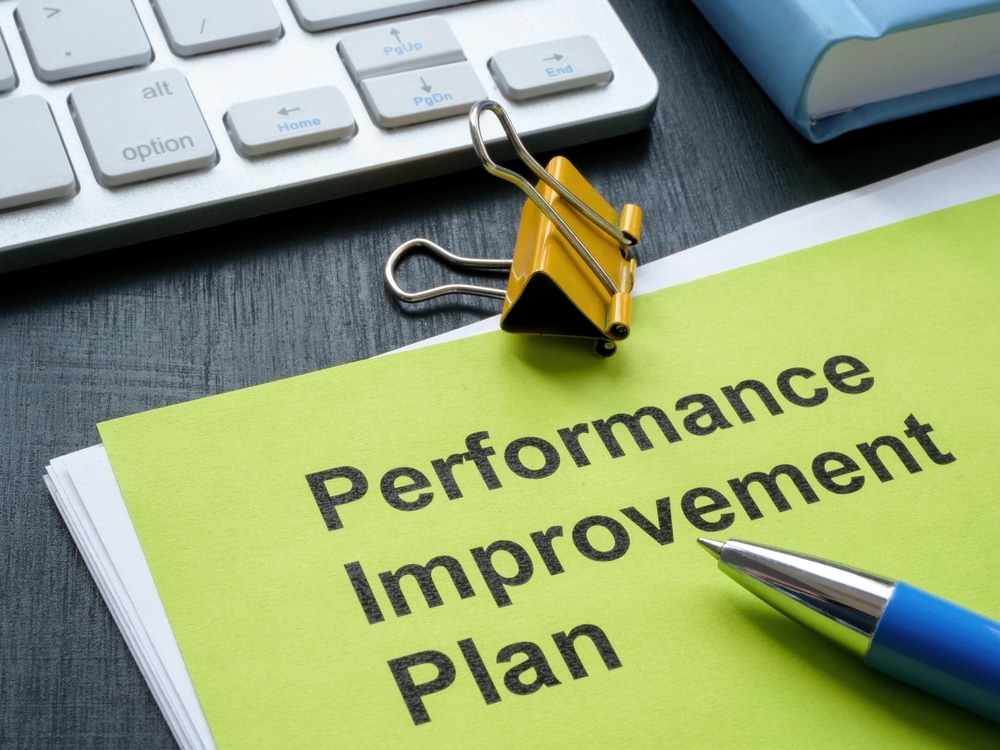Guide for a Performance Improvement Plan (PIP)
Are you facing a PIP from your employer? Keep reading to find out what this means for you and what factors you should keep in mind.
What is a Performance Improvement Plan (PIP)?
Does your employer believe that you are not performing well at work and do you receive a poor performance review? Then your employer may wish to implement a Performance Improvement Plan (PIP). This process is designed to support you in enhancing your performance with the guidance of your employer. Typically lasting between 3 to 6 months, the duration of the PIP varies based on the your role. Central to the PIP is the creation of an improvement plan, a formal document that pinpoints specific ongoing performance issues, sets a timeline for improvement, and delineates the objectives that must be met. This plan incorporates measurable criteria for improvement, known as Key Performance Indicators (KPIs), which you are expected to achieve. Moreover, it outlines the repercussions of failing to meet the outlined goals, which could include demotion, transfer, or termination of your employment contract.
Why is it important?
If your employer wishes to terminate your employment contract, your employer must have a valid ground for this request. One of the reasonable grounds is underperformance. Without following a Performance Improvement Plan, your employer is not allowed to dismiss you for underperformance. If your employer believes that you are not meeting expectations, your employer is required to provide you a Performance Improvement Plan. This gives you the opportunity to enhance your performance. Is this requirement not met? Then this will result in the court rejecting the request of your employer for termination of your employment contract based on underperformance.
What to consider?
Both you and your employer are responsible when it comes to following a Performance Improvement Plan. Your employer formulates an objective action plan with realistic and equitable goals, while you actively engage in efforts to enhance performance. Typically, the PIP is developed by your supervisor and then forwarded to the HR department. Effective communication with both management and HR is crucial throughout this process. As mentioned earlier, the duration of a PIP is predetermined.
It is important to periodically discuss the progress. Should you have any feedback on the plan, such as feeling inadequate time for improvement or lacking clear and measurable objectives, it is advisable to document your concerns in writing. Important is that both you and your employer must adhere to the plan and the agreements that are made. Any modifications or adjustments to the plan should only occur with mutual consent. You are encouraged to seek guidance, training, and coaching as needed.
If you agree with the content of the plan, you may sign it. In the event of disagreement regarding the PIP, it is recommended to address this with your employer. If resolution remains elusive, mediation can be helpful.
More information
Your employer cannot force you to participate in an improvement process. However, it is generally advisable to cooperate. For additional information or guidance on how to follow an improvement plan, feel free to contact us.


